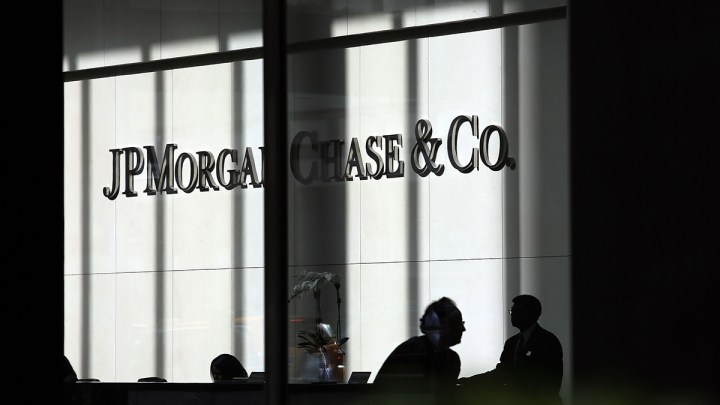
“Due diligence” is part of the vernacular. But what does it really mean?
“Due diligence” is part of the vernacular. But what does it really mean?

A pretty newsworthy prosecution is currently underway in New York. No, it’s not the one you’re probably already sick of hearing about.
On Tuesday, the U.S. Attorney’s Office for the Southern District charged a woman named Charlie Javice with four counts of fraud. Javice was the founder of a financial planning startup called Frank that JPMorgan Chase bought for about $175 million. According to prosecutors, Javice told JPMorgan her startup had more than 4 million users when it really had about 300,000.
After scandals like Frank, Theranos and FTX, you’ve probably heard this question: Where was the due diligence? But maybe we should start with a more basic question: What exactly is due diligence?
Maybe because it’s fun to say, “due diligence” has seeped into the societal vernacular. It’s sort of like when you Google your latest match on Tinder.
“Maybe you’re going out on a date. And you know, you want to make sure that this person is perhaps OK, and so you say, ‘Yeah I did my due diligence,'” said Ben Zimmer, language columnist for The Wall Street Journal.
He said the term really took off in the 20th century with corporate matchmaking.
“Due diligence gets taken up to mean appraising a business,” he said. “You have to figure out assets and liabilities and future commercial potential.”
With big corporate mergers and acquisitions, due diligence is a process where they bring in bankers, accountants, advisers and lawyers to look for anything that might jeopardize the deal.
Cathy Hwang, a law professor at the University of Virginia, explained this process with another analogy: “If you’re buying a whole company, let’s say that company has a really important supply contract, and somewhere in that contract it says, ‘Hey, if you sell your company, we, the supplier, are not going to supply to you anymore.'”
The job of the due diligence team is kind of like the job of a home inspector, she said.
“You’re trying to make sure that there’s not any skeletons in the closet, the wiring is all good … like, the amount you’re paying for the house is a fair price,” Hwang said.
But for venture capitalists who invest in startups, they’re not really buying a house. They’re buying the idea of a house.
“We can do diligence on the developer that’s building the property,” said David Schonthal, an operation partner at 7wireVentures. “We can say, ‘All right, you haven’t built this house but have you built other houses?'”
In other words, much of venture capital due diligence is about the startup founder, background checks, references and so on. And in a hot startup market, investors may feel they have to waive more thorough inspections just to make the deal.
There’s a lot happening in the world. Through it all, Marketplace is here for you.
You rely on Marketplace to break down the world’s events and tell you how it affects you in a fact-based, approachable way. We rely on your financial support to keep making that possible.
Your donation today powers the independent journalism that you rely on. For just $5/month, you can help sustain Marketplace so we can keep reporting on the things that matter to you.











